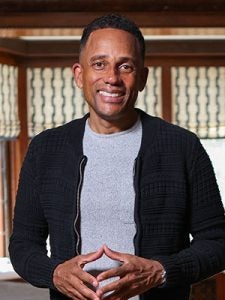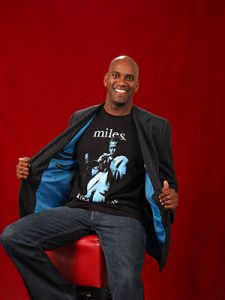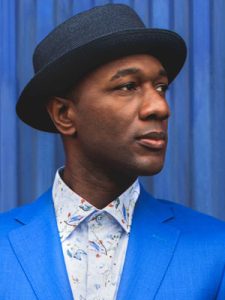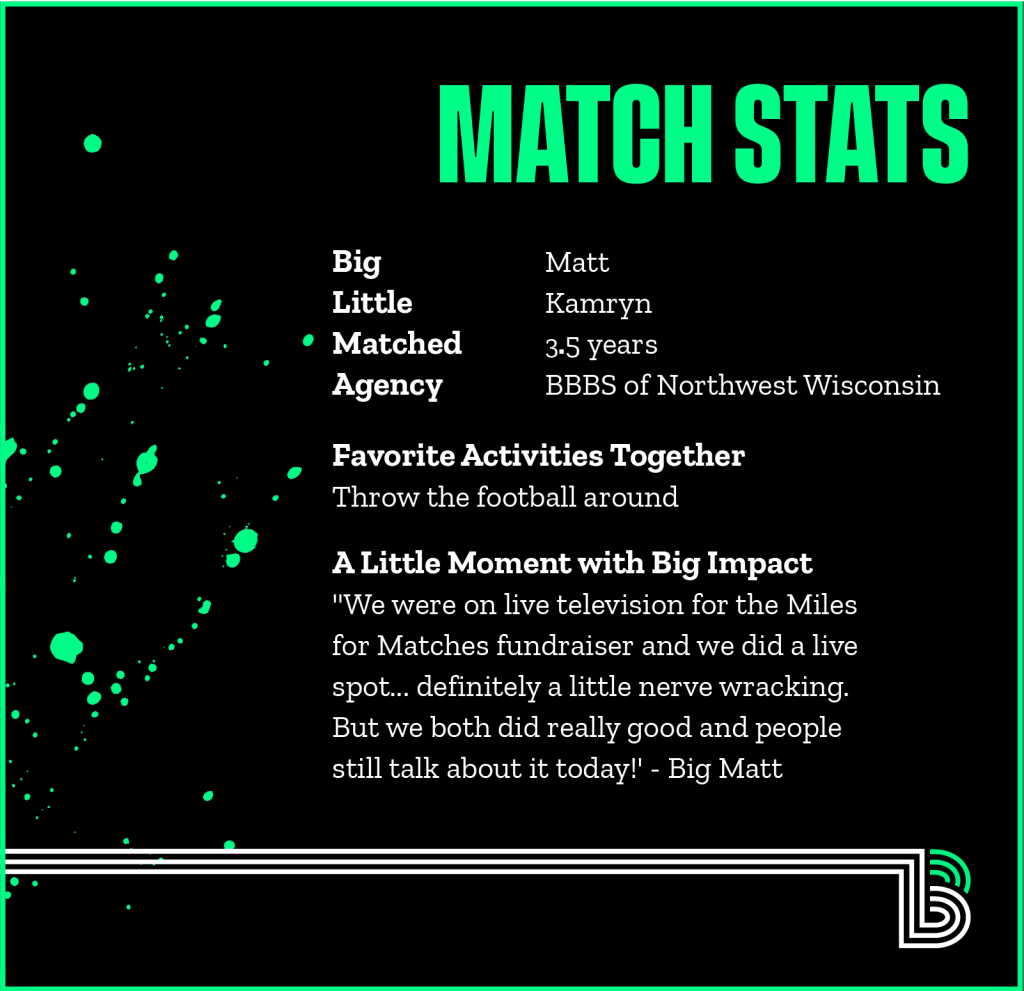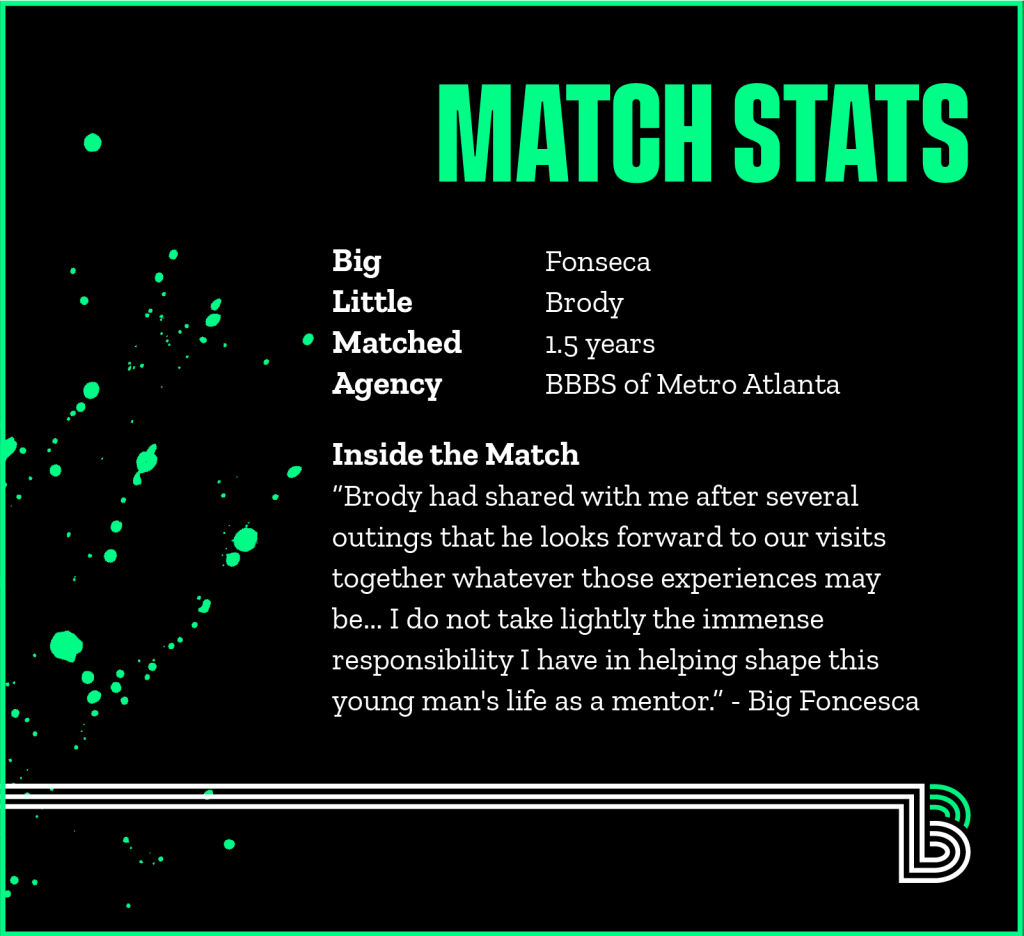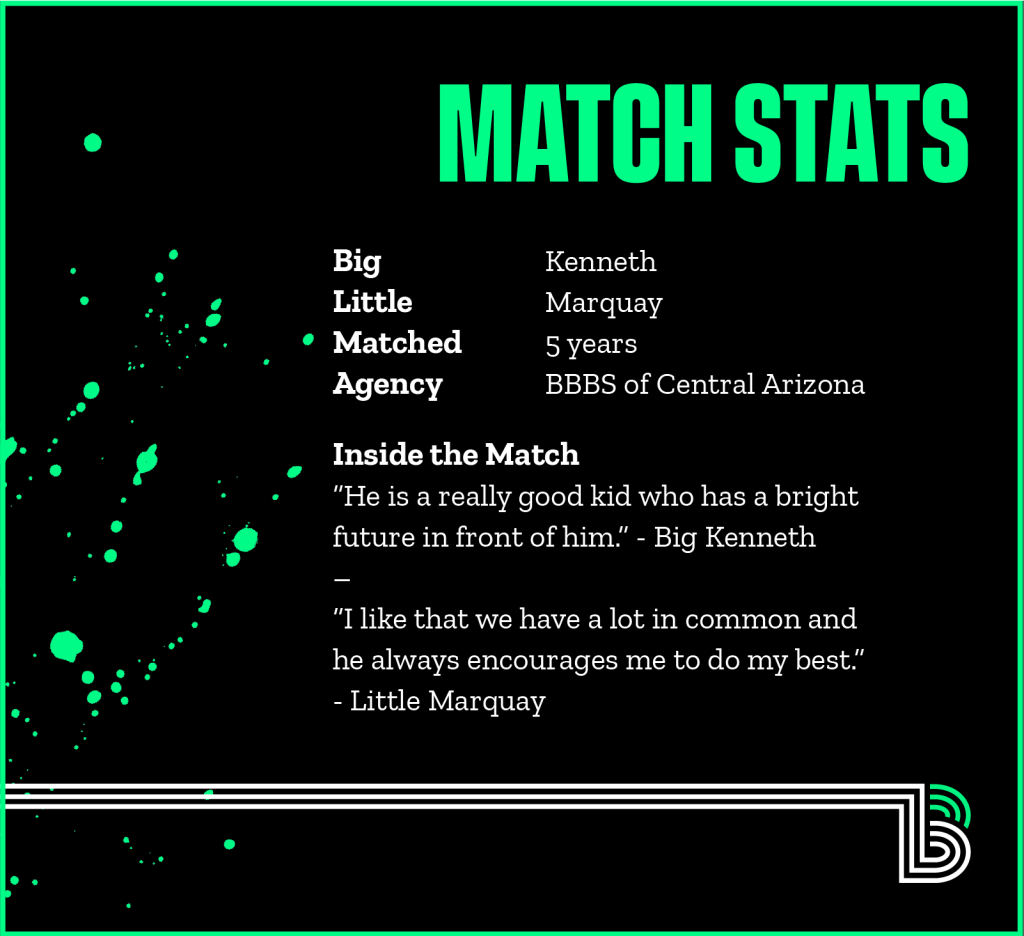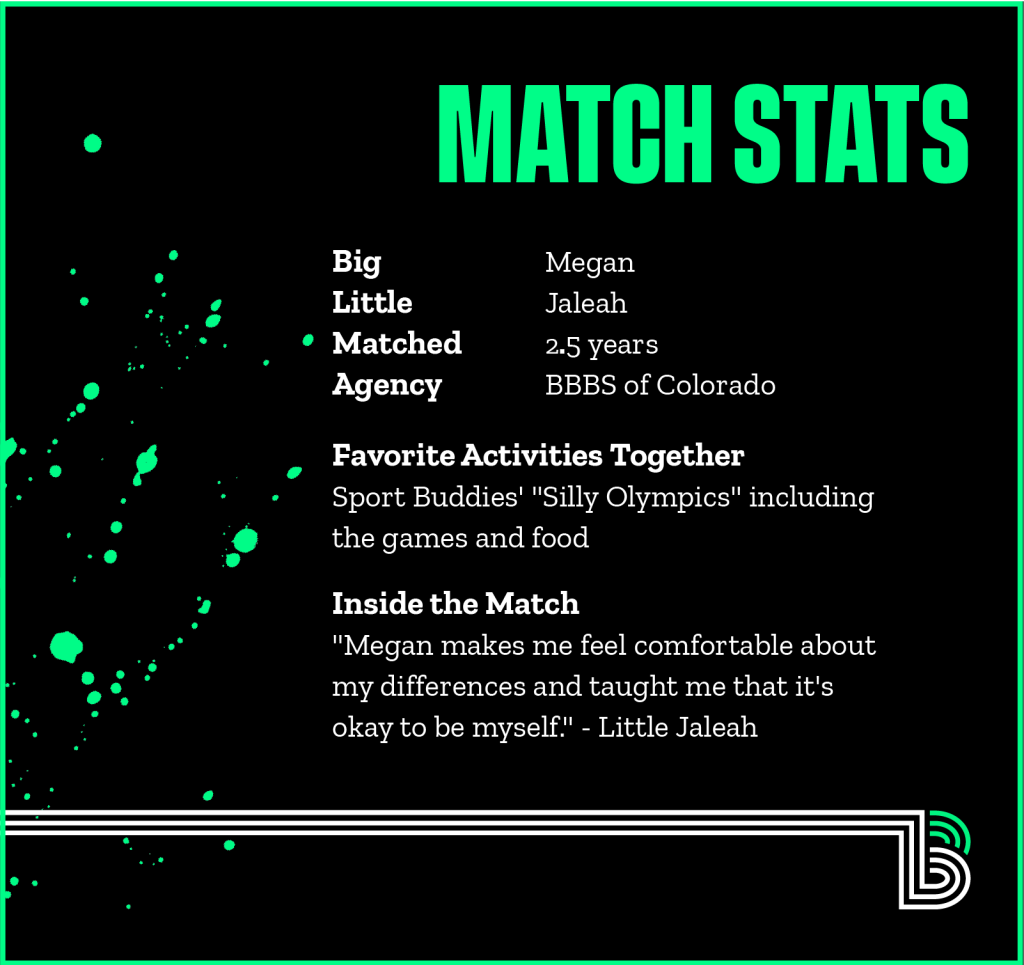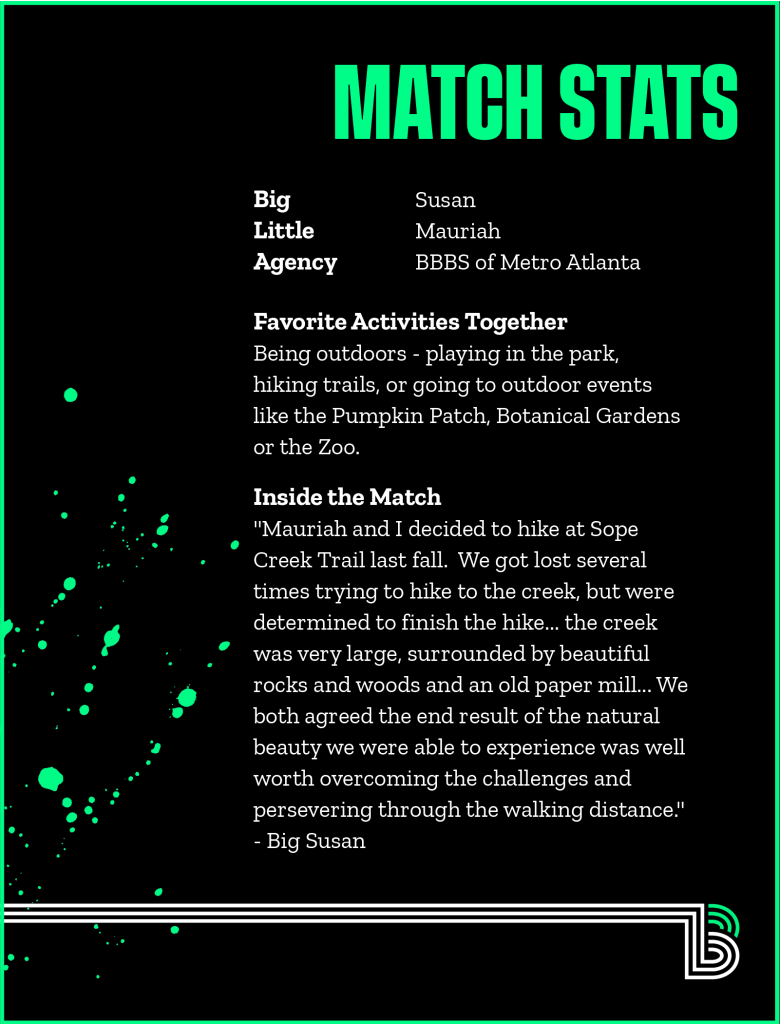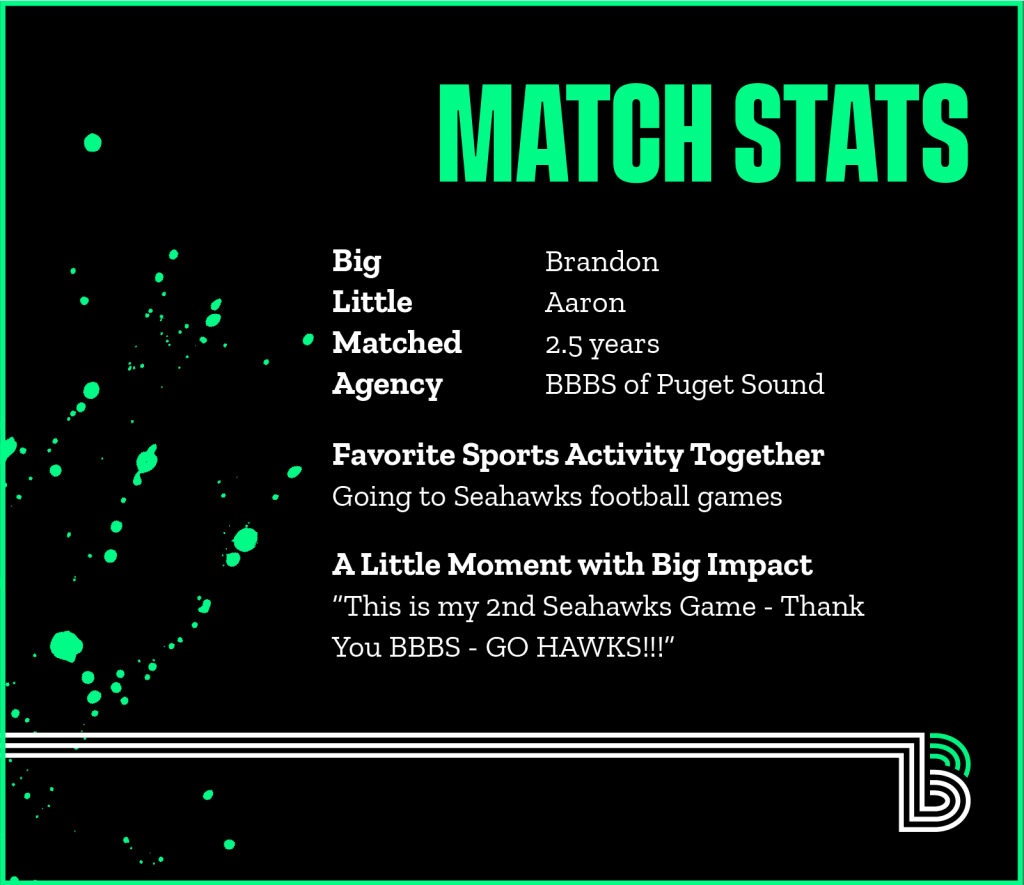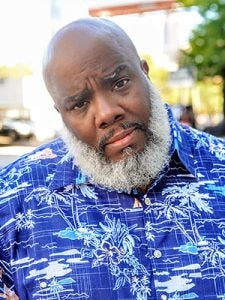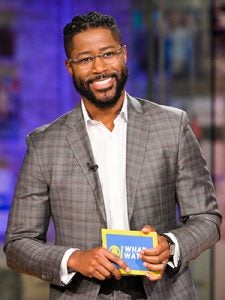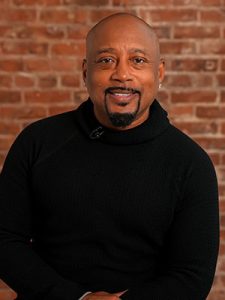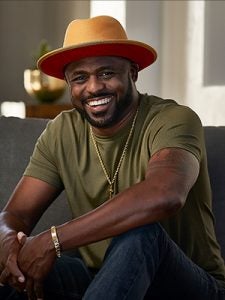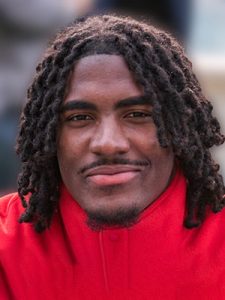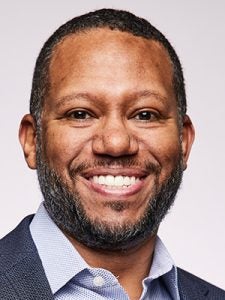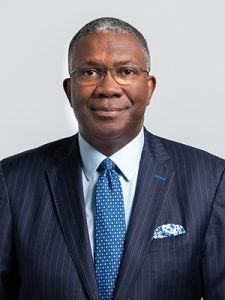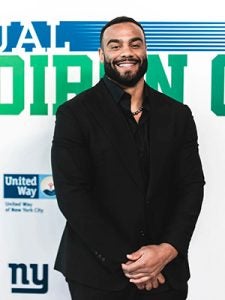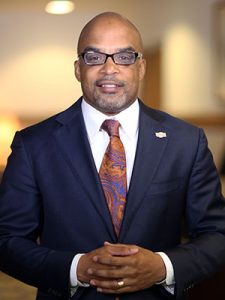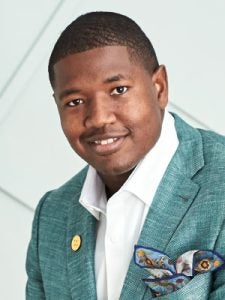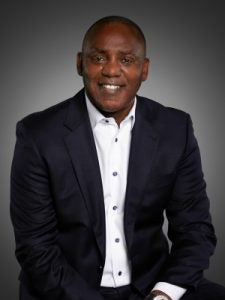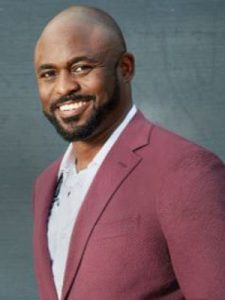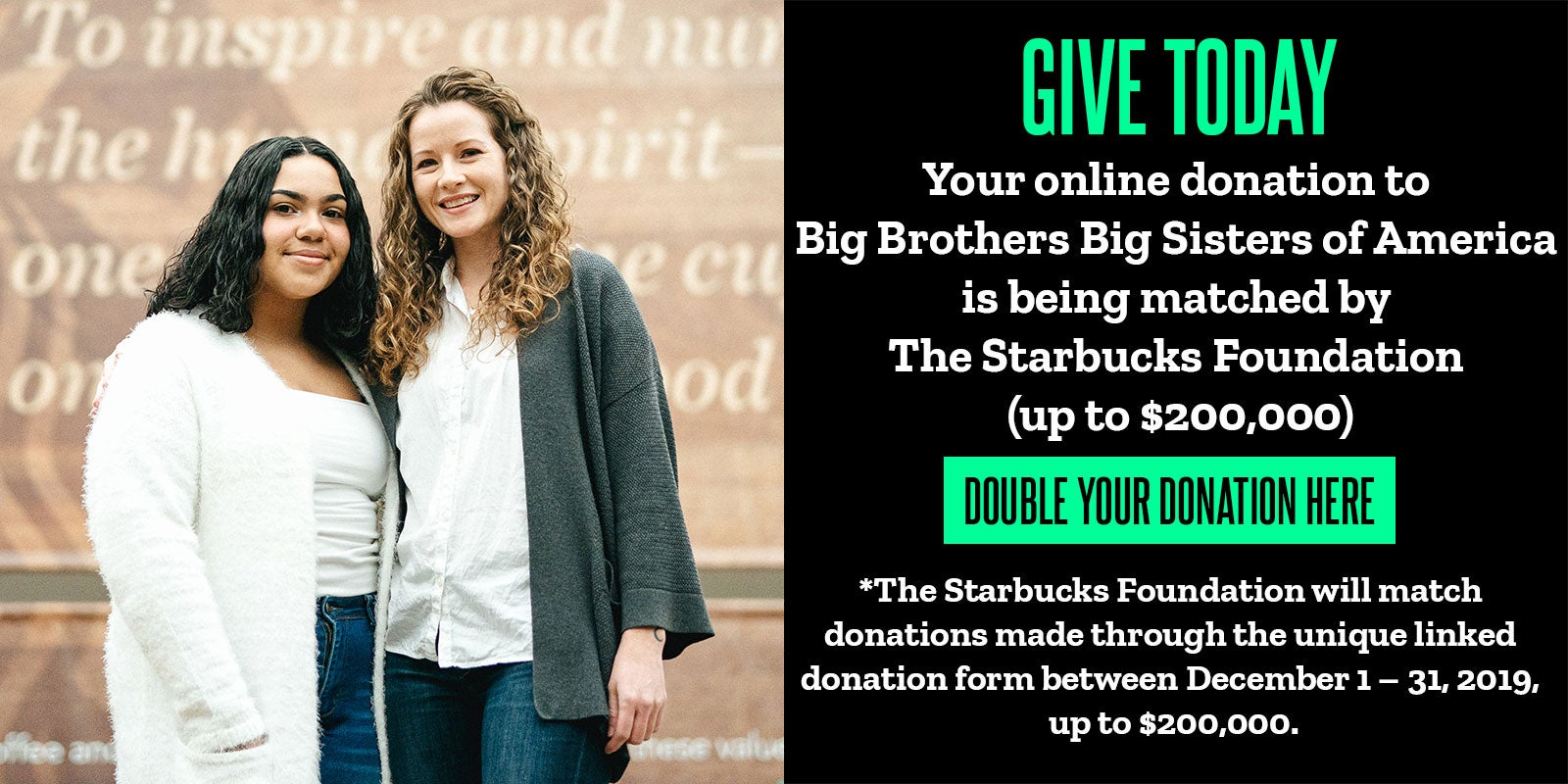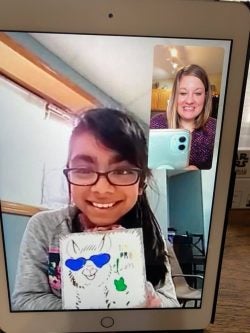
“Beyond School Walls,” the workplace mentoring program that matches Comcast “Bigs” with “Littles” at 14 corporate and regional offices nationwide, faced a significant threat when COVID-19 forced companies to work from home. Instead of closing its doors on the program that gives “Littles” access to a professional work environment, Comcast assessed what WAS possible and pivoted support. For instance, each Beyond School Walls location has a meal stipend fund. Without meeting in person, hundreds of students would not have access to this food, and their families might not have the basics at home. Comcast shifted the stipends to pay for grocery gift cards, allowing Big Brothers Big Sisters staff members to create care packages for families who may have otherwise gone without.
In addition to food, the pandemic challenged access to the internet, which in turn can prevent youth from continuing their education. When schools and libraries closed in March, many “Littles” did not have a way to connect. Many families, however, were able to take advantage of Comcast’s Internet Essentials, a program that provides low-cost, high-speed internet at home – proving to be vital for schooling now that virtual learning is the new normal. And, thanks to a donation from Comcast earlier this year of more than 360 iPads – one to each “Little” in the Beyond School Walls programs – the students not only had a device to use for learning, they also had a lifeline to stay connected to their “Bigs,” providing emotional support and preventing social isolation.
As Comcast’s partnership is engrained in our programs across the board, their commitment to helping us thrive this year touched additional initiatives, including:
- The pandemic also accelerated the need for the platform, which has been part of a multi-year strategic plan for Big Brothers Big Sisters of America. What would have taken a year to build was finalized in three months, thanks to the support of several corporate partners. Agencies now have a mobile solution to safely keep kids connected, and the funding from Comcast also provided networkwide training, staff onboarding, and change management programs for the platform.
- : This year’s BBBSA National Conference shifted to a virtual event, but the impact was just as powerful with nearly 3,000 staff, board members, and Bigs attending sessions over a two-week period. Dalila Wilson-Scott, Senior Vice President of Community Impact for Comcast Corporation and President of the Comcast NBCUniversal Foundation, was featured as an expert panelist for our ‘Corporate Response to Crisis’ webinar. She spoke about the need for mentorship during these unprecedented times and gave agencies advice on how best to work with their partners.
- Through airing a 30-second PSA, Comcast raised awareness about the impact of Big Brothers Big Sisters with more than 47,000 views, helping to share the importance of the mentoring program with audiences across the country.
While there is still much uncertainty in the world ahead, the events of this past year showcase how the strength of the long-lasting partnership between Comcast NBCUniversal and Big Brothers Big Sisters of America truly is ‘Bigger Together’.
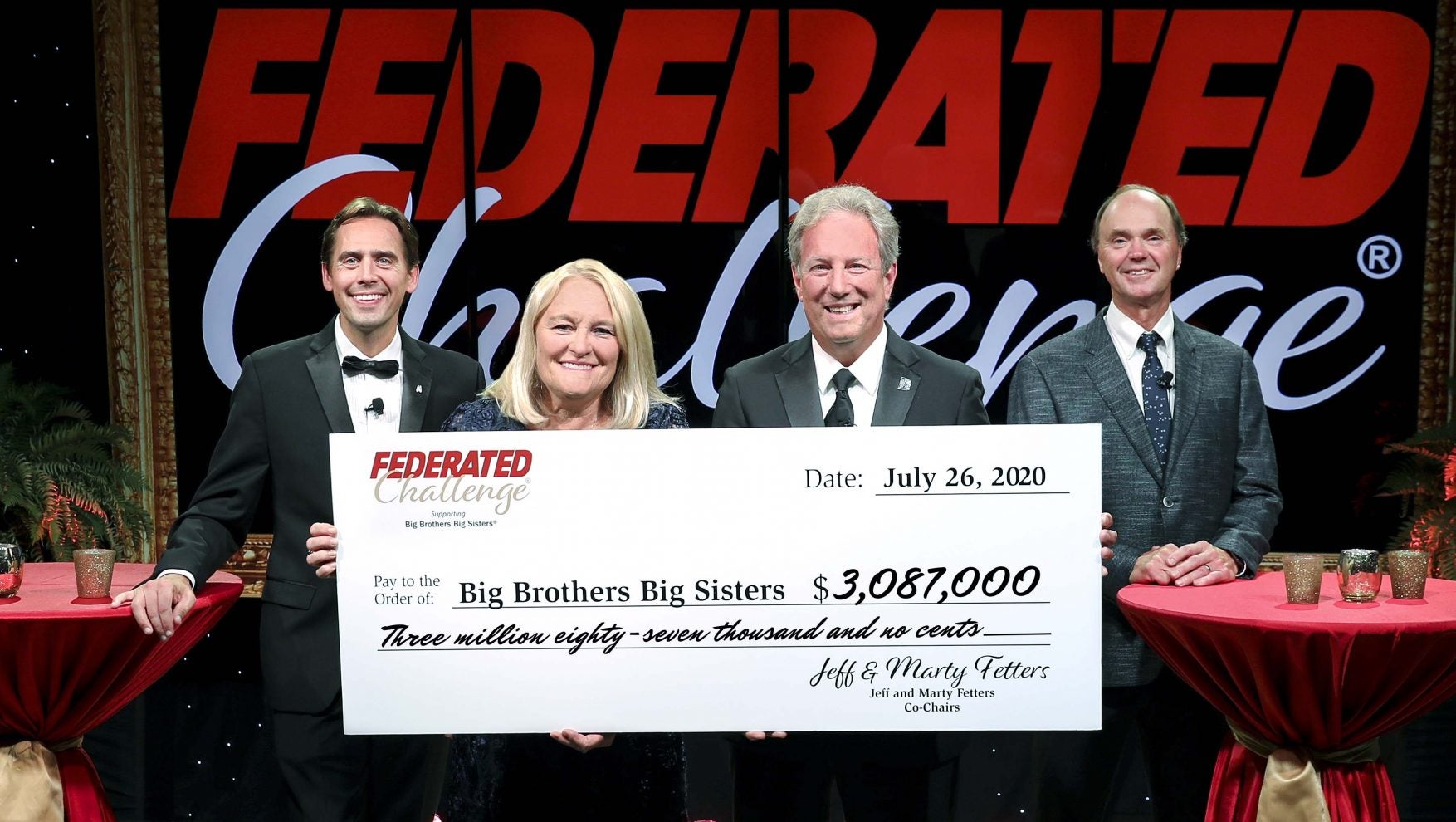
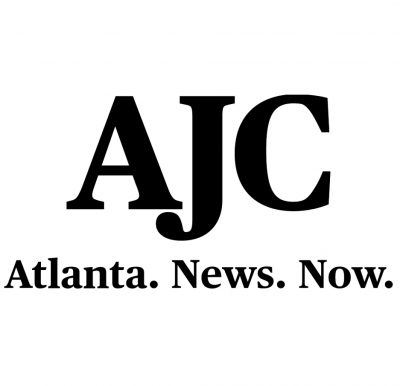
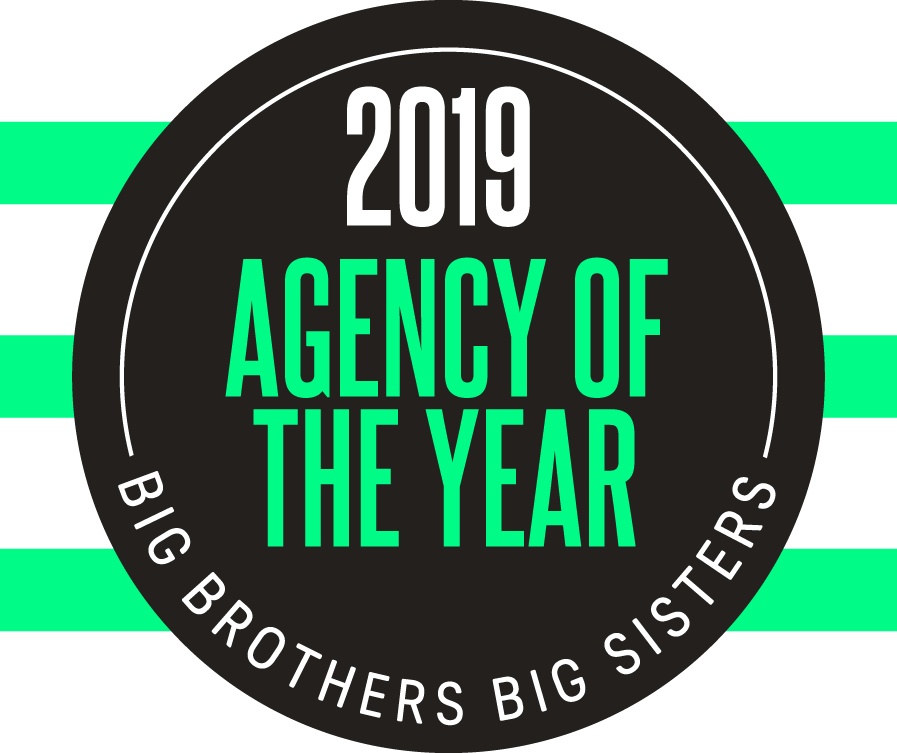
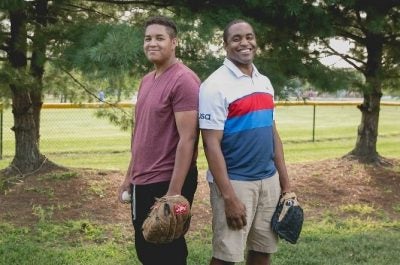
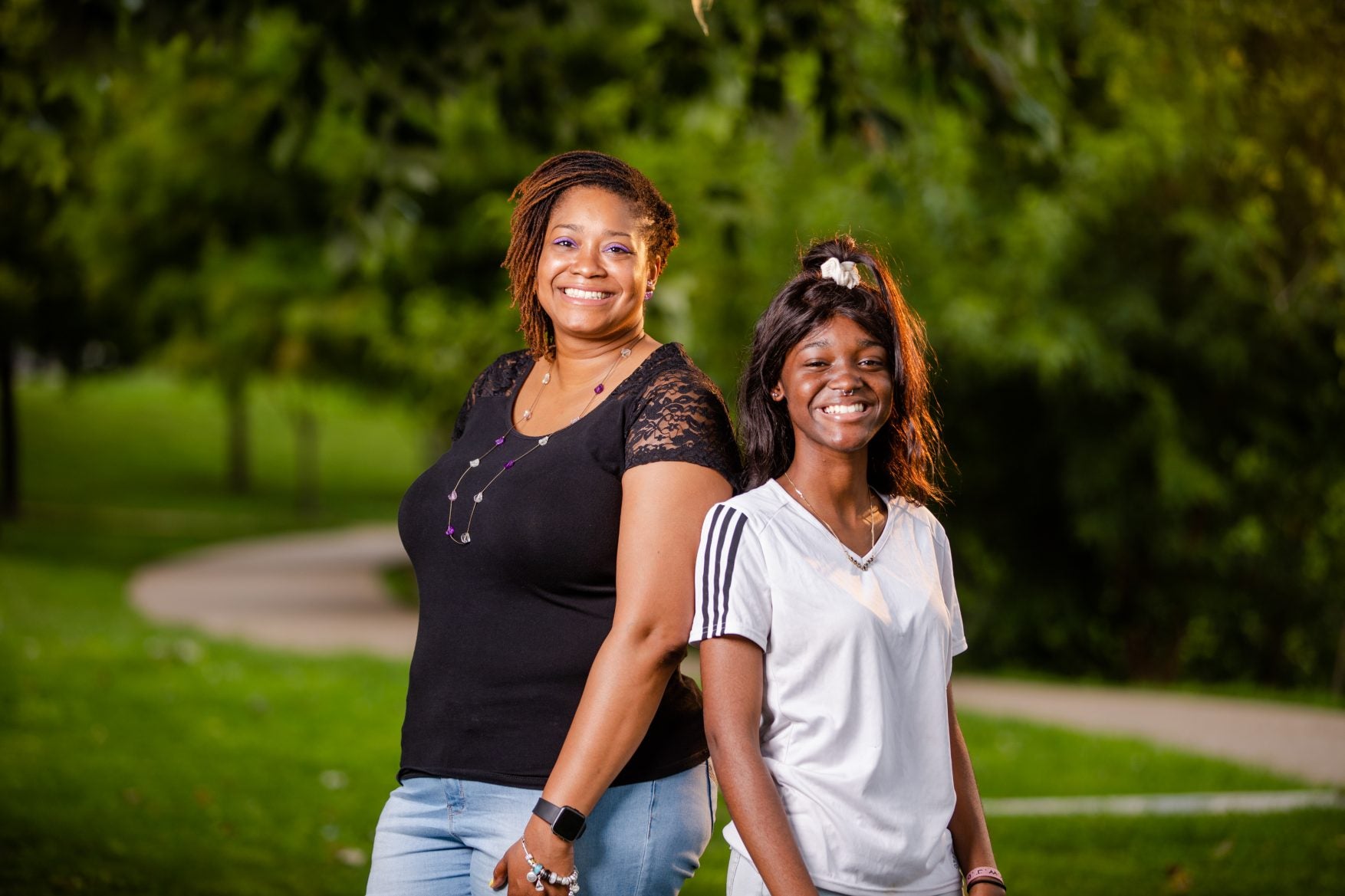
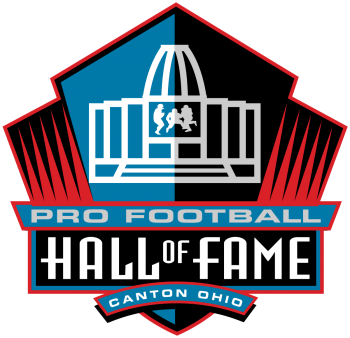
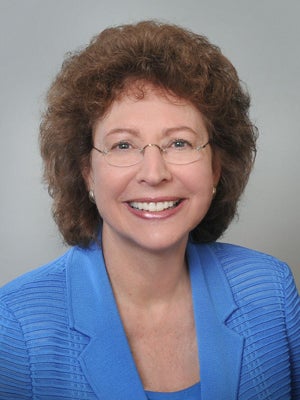
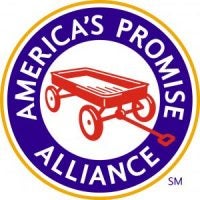
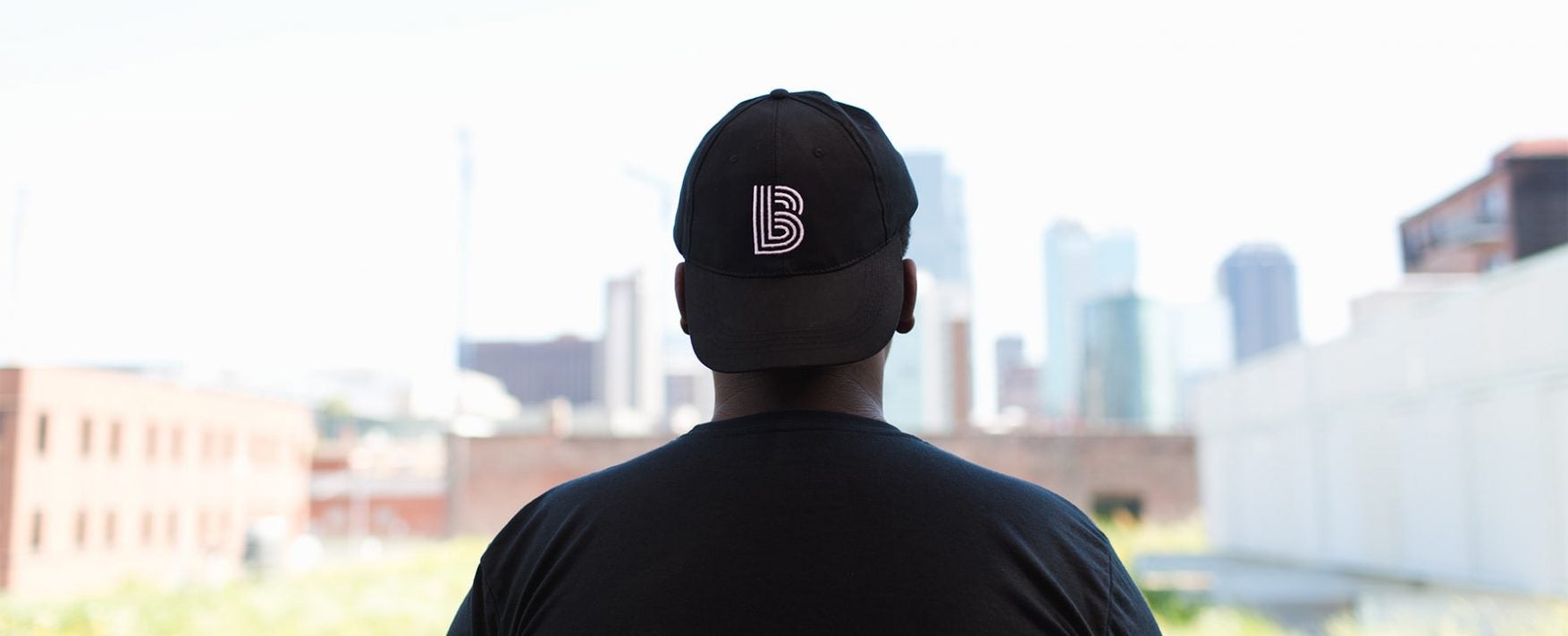
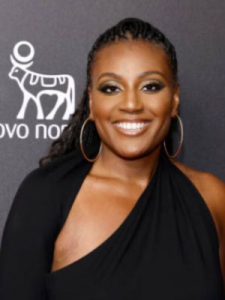


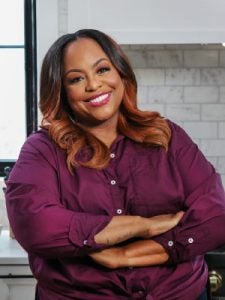


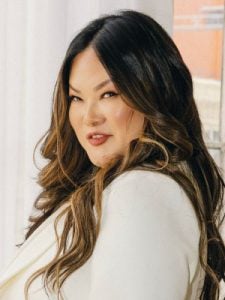
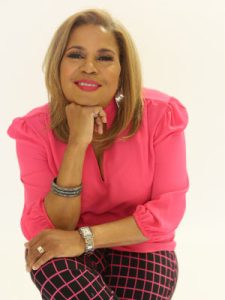


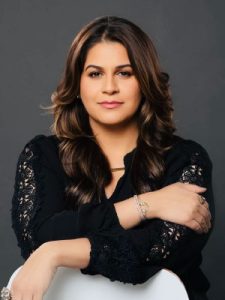
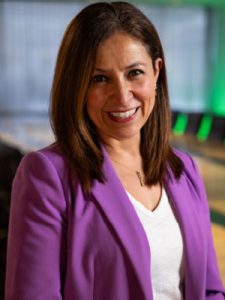
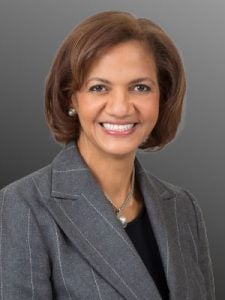

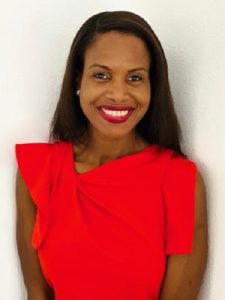
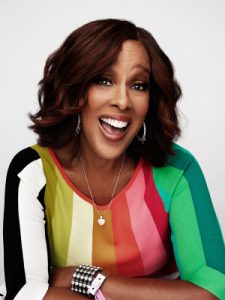


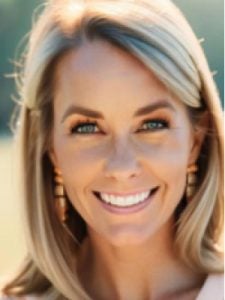

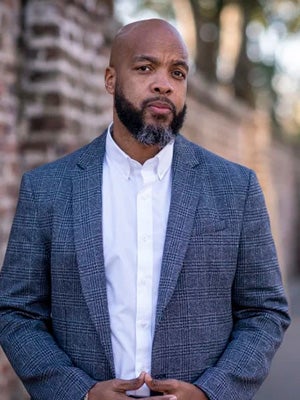 Trymaine Lee
Trymaine Lee Ray Davis
Ray Davis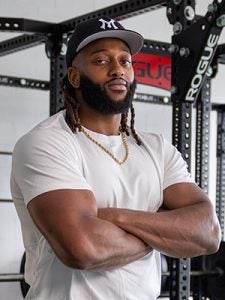 Osa Odighizuwa
Osa Odighizuwa